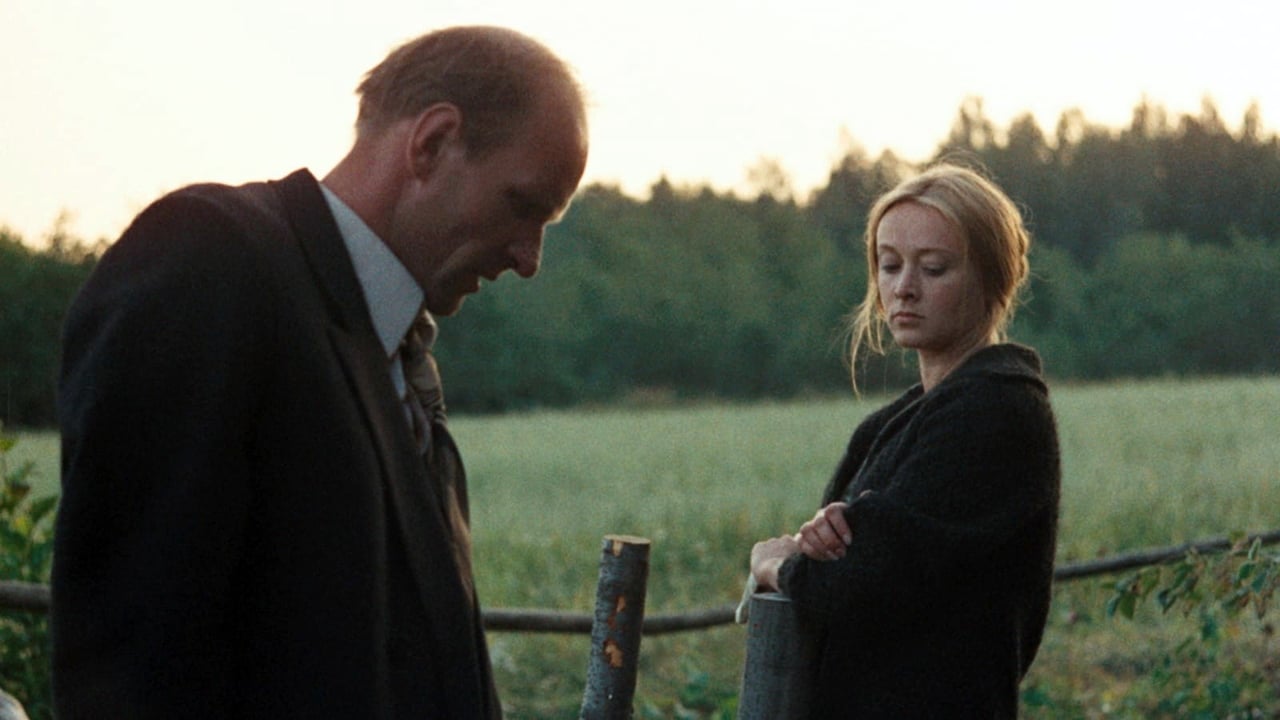

When a movie has you begging for it to end not even half way through it's pure crap. We've all seen this movie and this characters millions of times, nothing new in it. Don't waste your time.
... View MoreIt's an amazing and heartbreaking story.
... View MoreThe acting in this movie is really good.
... View MoreThis movie feels like it was made purely to piss off people who want good shows
... View More(Flash Review)This film didn't connect with me. I went into it cold knowing nothing about the plot. I liked Stalker and this was another Tarkovsky film so I gave it a go. Significant portions of the story were told through poetic dialog that I can never fully connect with, which made it challenging to fully grasp the choppy and seemingly unrelated scenes. Scenes which were knitted together to portray a dying man as he reminisces through somber, emotional moments of his past. While some scenes were picturesque, they were less bold, striking or communicative compared with the captivating and cinematography from Stalker for example. I didn't get much from my first viewing. Many reviewers said after a second and third viewing, the film began to click more for them. Perhaps like a fine wine, it'll take a few impressions to get a full impression.
... View Morealways, each film of Tarkovsky , for me, is a church. in few cases, a cathedral. and this gives to him the advantage to be more than a remarkable director or a wise teller. "The Mirror" is a brilliant example. fragments of life. in not precise order. absence of story. each scene - a picture from a lost place. mixture of lives. and suggestion. and, in a moment, the feeling to be fragments from your life. all is beautiful and bitter and strange and familiar. because it is the story of a century. and its confession. because it is just a basket with memories. defining purposes and needs and expectations and words. because all is touching. and far. because, long time after its end, I preserved from it only the image of the mother of Tarkovski. as the mother. because it is a walk on the water. using as steps the presence of Arseny Tarkovsky and his poetry. the image of Oleg Yankovsky. and the look of the boy in the mirror. a film for who the descriptions/ definitions do not works. so, see it. for a form of view with yourself.
... View MoreTHE MIRROR is another art-house drama by Russian director Andrei Tarkovsky. I'm no fan of this guy, so I'll keep my thoughts brief. In terms of visuals, this film is very good, well thought out, with carefully constructed compositions and the like. Tarkovsky would make a good painter and his style reminded me a little of Herzog's HEART OF GLASS. As for the rest, it's typically long-winded, personal, boring, and familiar from the rest of his work. The characters are dull and the plot events strive for meaning but feel quite obtuse. The only part of this I found interesting from a historical perspective is the segment detailing Communist China.
... View MoreA dying man in his forties remembers his past. His childhood, his mother, the war, personal moments and things that tell of the recent history of all the Russian nation.Tarkovsky is probably the greatest Soviet / Russian director of his generation. Indeed, who else even comes close? If you were to list the top Russian directors of all time, Tarkovsky would be right near the top, perhaps only beaten by Eisenstein.He has a science fiction and fantasy way to look at the world, and even in more realistic films like this one, that sense of wonder comes through. Few other directors would "paint" their scenes like this, out of order and in different colors (or lack of color). He is someone who ought to be studied, and surely is.
... View More